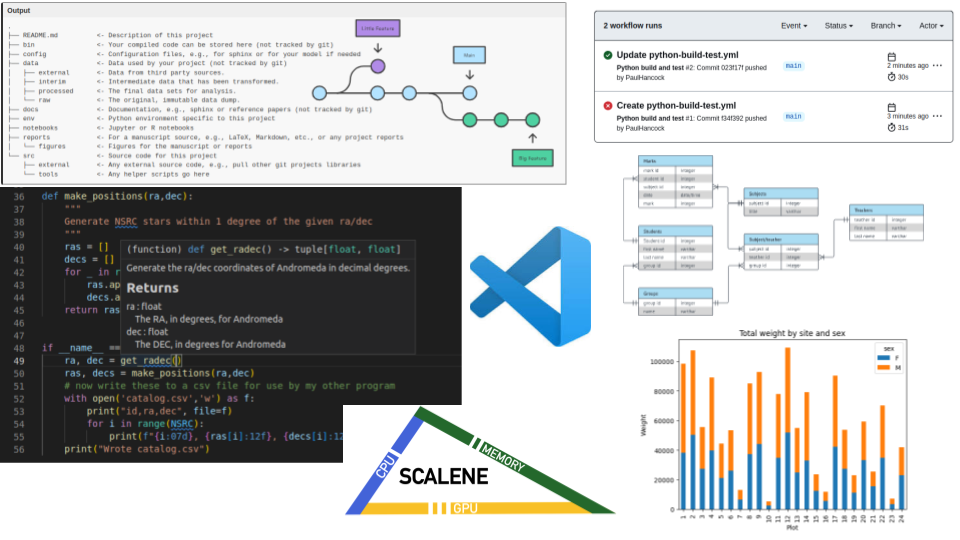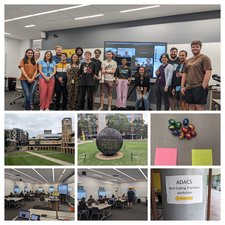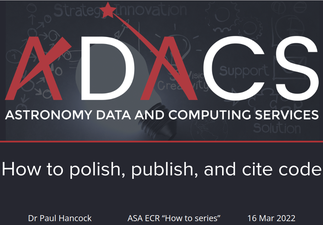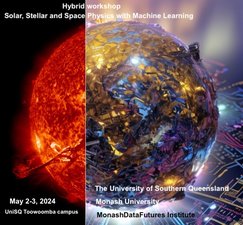
Modern astronomy is increasingly reliant on cutting-edge software. In particular, much data processing and analysis is performed using python, possibly the most widely-known and user-friendly open-source language. However, most early career researchers (ECRs) do not receive any formal training in critical software engineering skills. According to polling by the ECR chapter of the ASA (Astronomical Society of Australia), development of intermediate/advanced software skills is a priority amongst the Australian ECR community. The ASA ECR chapter steering committee therefore proposed to collaborate with ADACS to run an intensive workshop to address this knowledge gap. ADACS worked with the ECR chapter to identify a range of topics that would address the knowledge gap.
The workshop was run in Perth, Melbourne, and Sydney over three different weeks with online and in person participation. A new development for ADACS workshops was suggested by the ECR chapter in which the participants are invited to bring or build their own project throughout the workshop as a way to solidify many of the lessons that were being learnt along the way. The workshop schedule thus incorporated afternoon sessions that encouraged people to work in groups on their projects.
Topics for the workshop included:
As usual, the entire workshop syllabus has been created in the software carpentries style. This means that participants have detailed instructions and background during the workshop, but can also explore the content in a self paced manner after the workshop has completed.
See here to access the workshop materials for yourself.
Get in contact with ADACS if you would like to see this content delivered again or adapted for your needs.

Check out some of our other training projects.

A three day workshop aimed at researchers without formal coding/software development training and designed to give people a taste of many different aspects of best practices in scientific computing.

The ASA Early Career Researcher (ECR) Chapter Steering Committee organised a virtual "How To" series, answering some of the most pressing questions from our community.

A workshop on ML (Machine Learning) algorithms for Solar, Stellar and Space Physics, hosted at USQ in May, 2024.